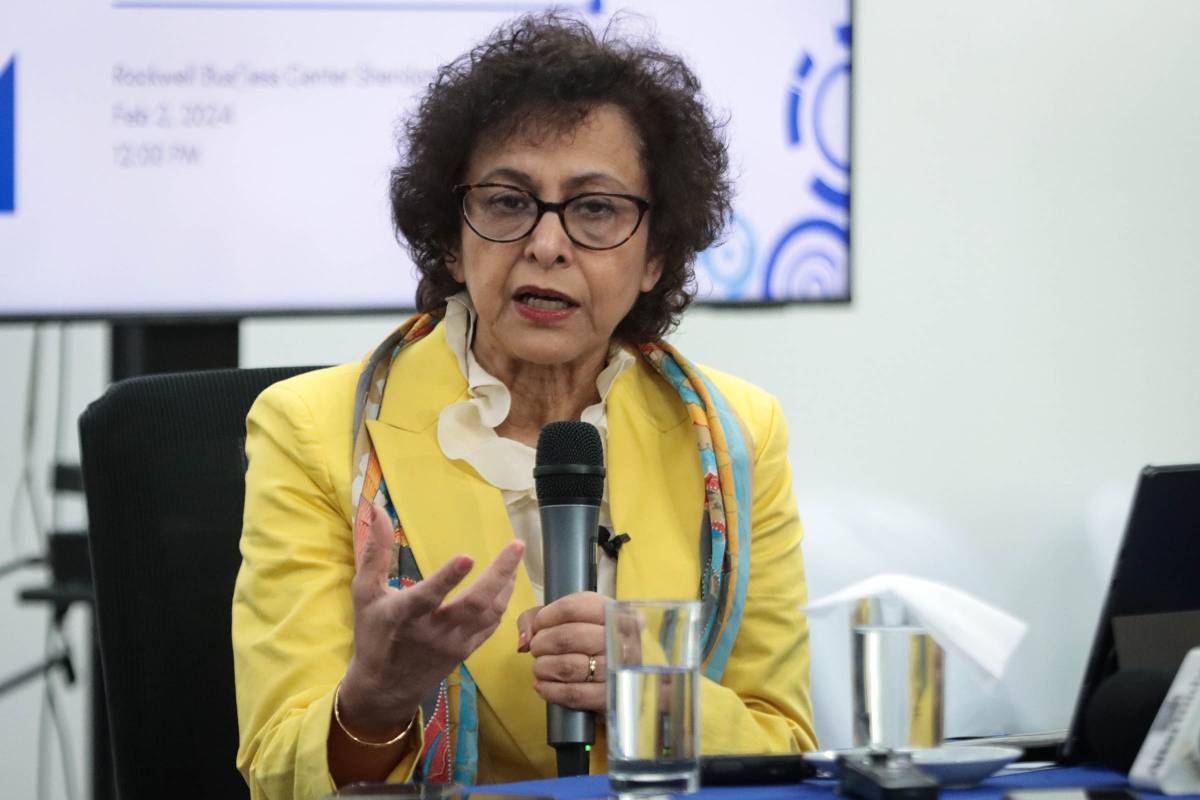The National Task Force to End Local Communist Armed Conflict (NTF-Elcac) expressed its offense at the proposal made by United Nations Special Rapporteur Irene Khan to abolish the task force. According to NTF-Elcac Executive Director Undersecretary Ernesto Torres Jr., Khan’s visit to the Philippines was seen as counterproductive, as she seemed to have a different agenda than the purpose for which she was invited.
Torres stated that Khan’s recommendation to abolish the NTF-Elcac was an attempt to undermine and demolish the task force without truly understanding its essence. He accused Khan of allowing herself to be used by those who want the government and the NTF-Elcac to fail. Torres emphasized that the call for abolition was merely an effort to breathe life into a dying terrorist movement.
Khan, a UN special rapporteur on the promotion and protection of the right to freedom of opinion and expression, made her recommendation during her exit briefing in Mandaluyong City. Prior to this, she had met with groups associated with the Communist Party of the Philippines-New People’s Army-National Democratic Front (CPP-NPA-NDF). Khan argued that the NTF-Elcac had not taken into consideration the ongoing peace negotiations of President Ferdinand Marcos Jr.’s administration with the NDF, and that the task force was established six years ago in a different context, making it outdated.
Contrary to Khan’s belief, Torres asserted that the NTF-Elcac remains the single most relevant task force in the Philippines with undeniable accomplishments. He emphasized that the task force would continue to work towards peace, unity, and development within the framework of justice and the rule of law.
While the NTF-Elcac expressed its offense at Khan’s proposal, the National Union of Journalists of the Philippines (NUJP) thanked Khan for her recommendations aimed at strengthening the protection of journalists and media freedom in the country. The NUJP agreed with Khan’s call to abolish the NTF-Elcac, citing its role in vilifying dissent, reportage, and the legitimate exercise of civil and political rights. The NUJP hoped that the Philippine government would issue a clear policy against such practices.
Labor group Nagkaisa also supported Khan’s call to dismantle the task force, highlighting its involvement in red-tagging civilians and organizations. Nagkaisa acknowledged Khan’s findings, which were based on an extensive ten-day study involving engagement with a wide range of stakeholders nationwide. The group emphasized the importance of adopting policies that protect individuals and organizations against unfounded accusations and promote a more peaceful and productive path towards peace.
The Philippine government has agreed to sustain further consultations with Khan on how to strengthen structures and mechanisms that uphold human rights. At the exit conference held at the Department of Foreign Affairs (DFA), senior representatives from various agencies shared their perspectives on Khan’s observations and preliminary recommendations. These agencies included the Department of Justice (DoJ), the Presidential Task Force on Media Security (PTFoMS), the Presidential Human Rights Committee Secretariat, and the National Security Council.
DFA-Office of the United Nations and International Organizations (UNIO) Assistant Secretary Maria Teresa Almojuela highlighted the importance of Khan’s engagements with the three branches of government and the media in understanding efforts to promote and safeguard freedom of expression in the Philippines. PTFoMS Undersecretary Paul Gutierrez viewed Khan’s visit as a testament to the transparency of the Philippine government under the Marcos Jr. administration. Justice Undersecretary Raul Vasquez affirmed the government’s willingness to engage closely and constructively with the UN Special Rapporteur.
In conclusion, the NTF-Elcac’s offense at the proposal to abolish the task force by UN Special Rapporteur Irene Khan has sparked a debate on the role and relevance of the NTF-Elcac in the Philippines. While the task force asserts its accomplishments and commitment to peace, unity, and development, voices supporting Khan’s call argue that the task force has been involved in practices that undermine civil and political rights. The Philippine government has expressed its willingness to engage with Khan and further discuss ways to strengthen structures and mechanisms that uphold human rights in the country.







